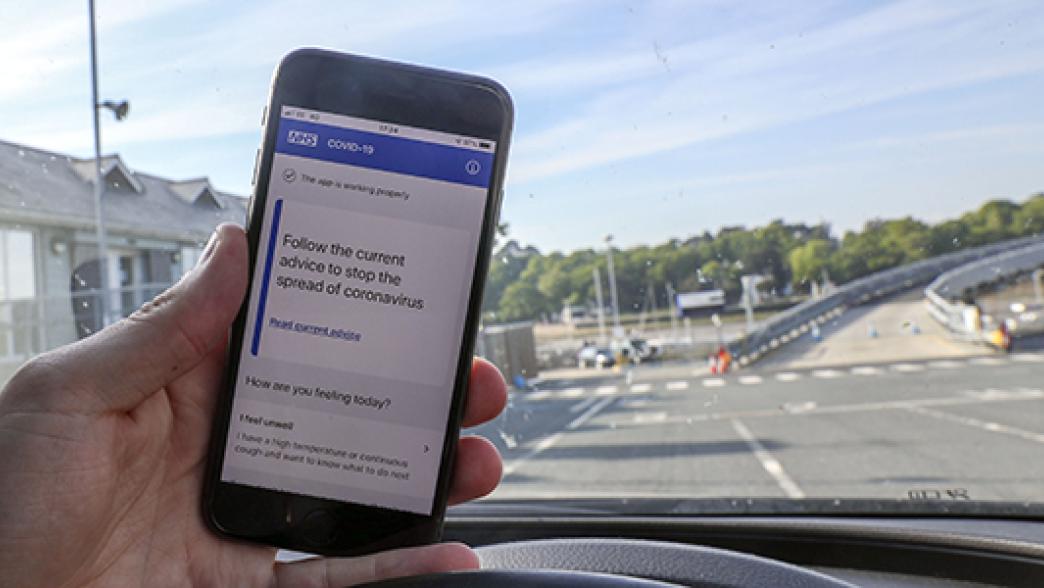Digital government during the coronavirus crisis
The coronavirus crisis has accelerated the digital transformation of public service delivery and government use of data.

The coronavirus crisis has accelerated the digital transformation of public service delivery and government use of data.

Policy makers across government lack the necessary skills and understanding to take advantage of digital technologies when tackling problems such as c
Why the centre of government has failed successive prime ministers – and seven recommendations for radical reform.
Our annual, data-based assessment of the UK civil service, how it has changed and performed over the past year, and its priorities for the future.
It is not only during crises that good analysis and assessment is vital.